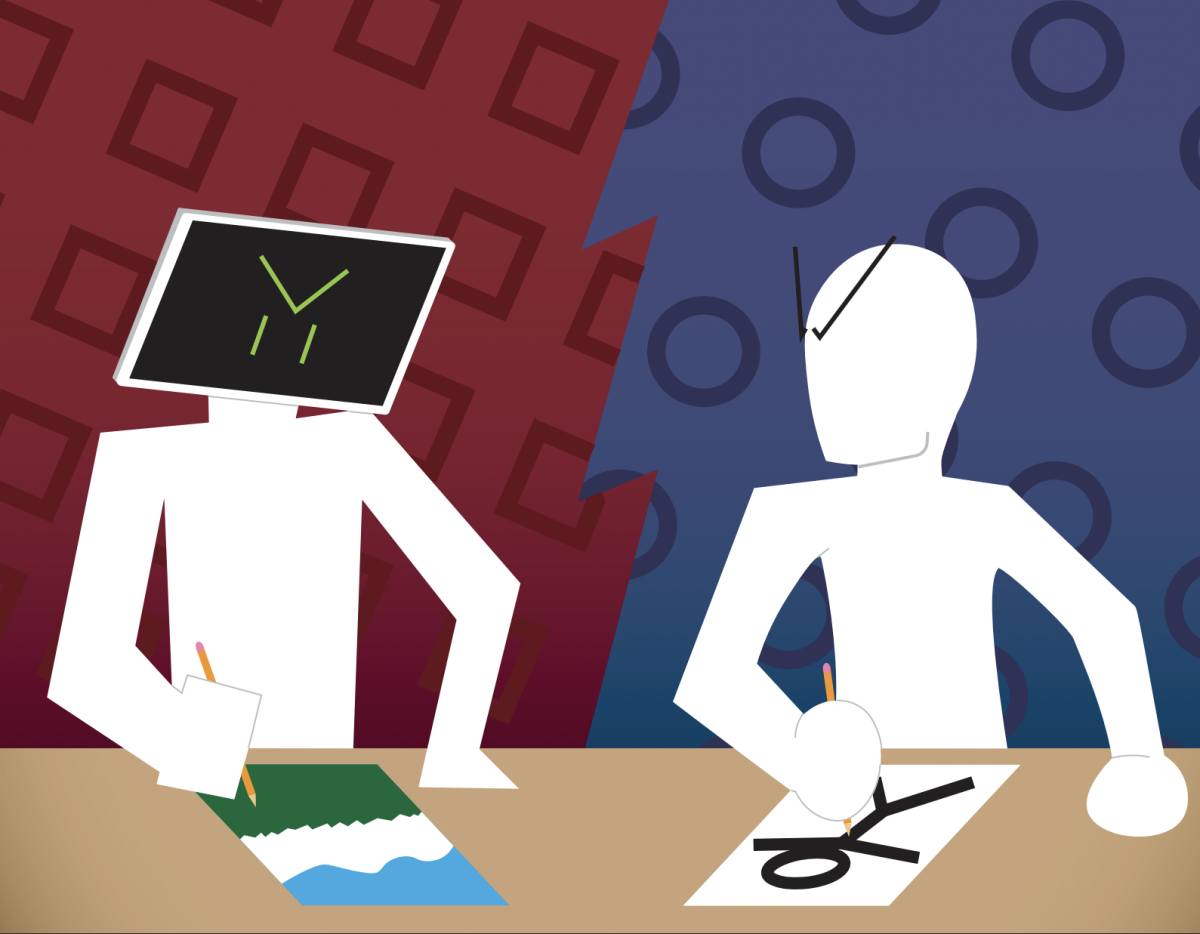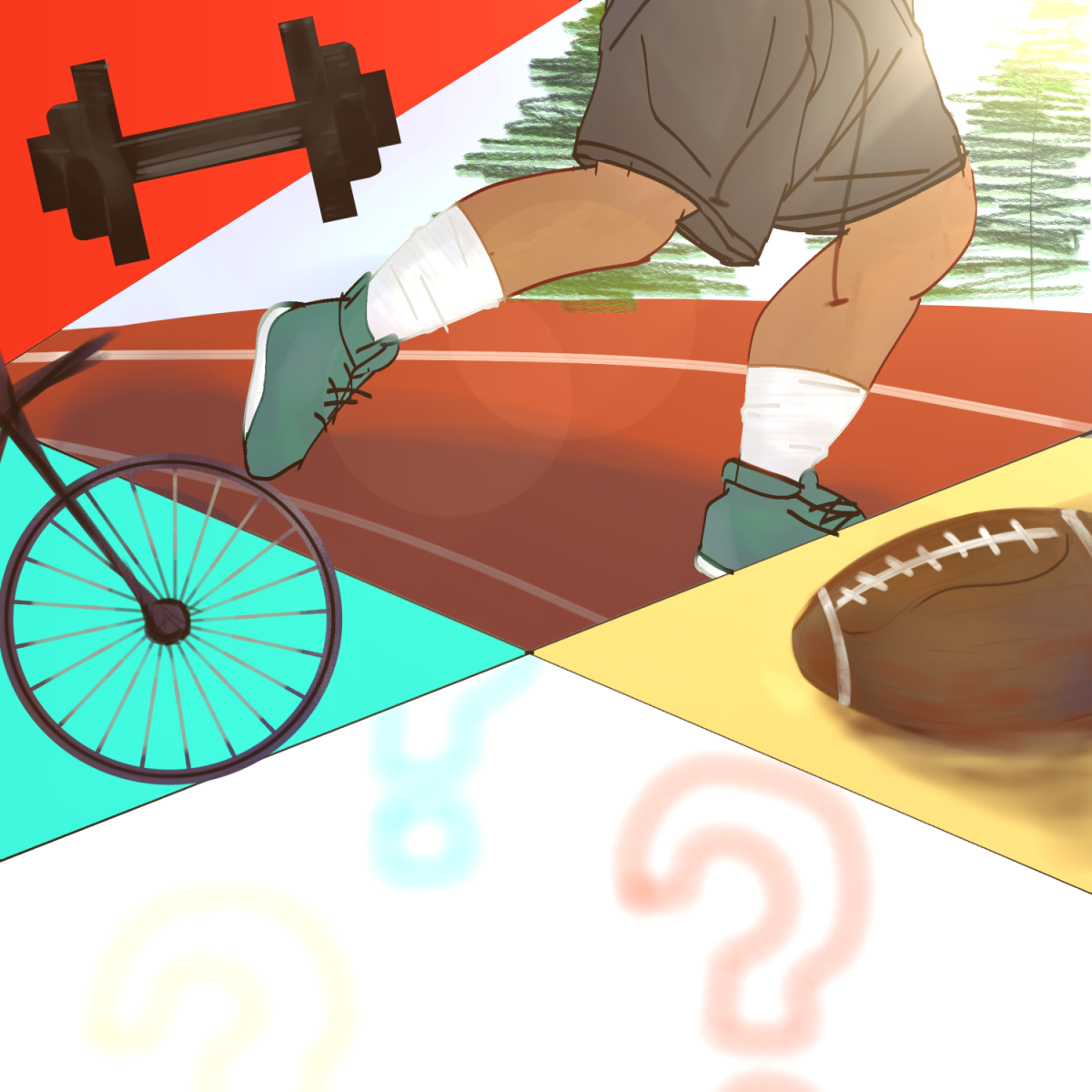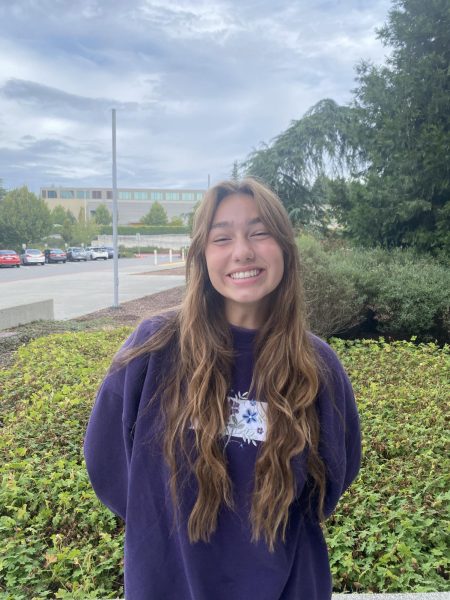I am afraid of Artificial Intelligence. This is a fact I have come to terms with as I have witnessed the progression of AI into an omniscient presence in my education, social life, and thought. Through a cross section of peers and expert sources, I embarked on an attempt to understand why my phone knows so much about me. AI is essentially computers doing things that are typically deemed human capabilities. Freshman Lauren Tehero pointed out, “A lot of things can be considered AI.” This is due to its numerous identities: Siri, ChatGPT, Superintelligence, and whatever you named your automatically pinned figure on SnapChat. However, an inquiry by Duke University found they all operate by recognizing “patterns and understanding spoken language.” This skill is enabled by data gathering, which kickstarts a system of identifying repetition, making predictions, and recommending actions.
AI has been popularized by the media, recently through headlines featuring both laughable content and scandals, but originally through the box office hit of 1939. Harvard University stated, “It began with the ‘heartless’ Tin Man from the ‘Wizard of Oz’ and continued with the humanoid robot that impersonated Maria in Metropolis. By the 1950s, we had a generation of scientists, mathematicians, and philosophers with the concept of artificial intelligence (or AI) culturally assimilated in their minds.” These thinkers fast tracked the route to artificial intelligence. Harvard University continued, “From 1957 to 1974, AI flourished. Computers could store more information and became faster, cheaper, and more accessible. Machine learning algorithms also improved, and people got better at knowing which algorithm to apply to their problem.” Since then, AI has become multifaceted and commonplace. The International University of Applied Sciences states, “Broadly, AI can be classified into two types. Narrow AI, which is designed to perform a specific task such as voice recognition. General AI, which can perform any intellectual task that a human being can do.” Sophomore Sushi Basari agrees, saying, “AI is a general and broad subject. With the evolution of chatbots everybody thinks that AI is just ChatGPT or other chatbots, when in reality AI is way bigger than that. AI is just computers in general. You cannot encapsulate it in one figment.” AI is not a lurking presence that takes on an evil persona reminiscent of “The Terminator.” AI is everywhere, shaping the digitized future. Senior Ryan Auffant says, “I only use AI in the morning, when Alexa wakes me up,” when in reality, we all unconsciously utilize it constantly. Conversely, some purposefully use AI. Junior Audrey Beaver states, “I use AI in getting ideas for schoolwork, I use QuillBot to fix writing, for sending emails to teachers, Face ID and stuff like that.” Basari continued, “I do not use it in school for sure but for synthesizing long pieces of information. I am currently working on creating a startup and I have to get information so I am using an AI to generate information because it is much more efficient. I have saved a lot of time rather than meticulously copying and pasting information.”
Due to the recency of major developments, generative AI companies are facing ethics dilemmas regarding defamation, security, and privacy. NPR states, “OpenAI, maker of ChatGPT, was most recently sued by The New York Times for copyright infringement, but it’s also facing suits from book authors, artists, music labels and others.” As Chatbots continue to scrounge the internet and scramble at copyrighted material, new rules are being written in attempts to reign in the uncharted territory. However, according to NPR, “[AI] Executives there have long pointed to something in the law known as fair use doctrine, and it says that if copyrighted material is quoted or used in some way in news reporting, research, criticism, you don’t need to ask for permission or pay anyone.”
Evidently, I use AI each and every day. Originally, I thought that humanity was being toppled by robots like the one featured in The 1975’s track “The Man Who Married A Robot / Love Theme on their 2018 album “A Brief Inquiry Into Online Relationships.” In reality, I accepted AI a long time ago. Quizlet now uses the tagline “Flashcards powered by AI.” Every morning, I select my “daylist” option on Spotify, eager to see what the AI-generated playlist will look like. I still think that the human brain is more creatively competent and fascinating than a computer, but I now appreciate the impact AI has on my day-to-day.






